Djokovic: The Solitary Chess Player Battling Time
Wimbledon has concluded, and when Roddick discussed Djokovic's performance at Wimbledon on his podcast, his tone was filled with both astonishment and a subtle, indescribable awe. The former world number one used terms like "incredible" and "unbelievable" to describe the Serbian star, yet still seemed to fall short of capturing the essence of his greatness. In the 2025 season, at the age of 38, Djokovic, despite fluctuating physical conditions, reached the semifinals of three Grand Slam tournaments, a feat that transcends traditional sports commentary and has become a phenomenon that requires redefinition.
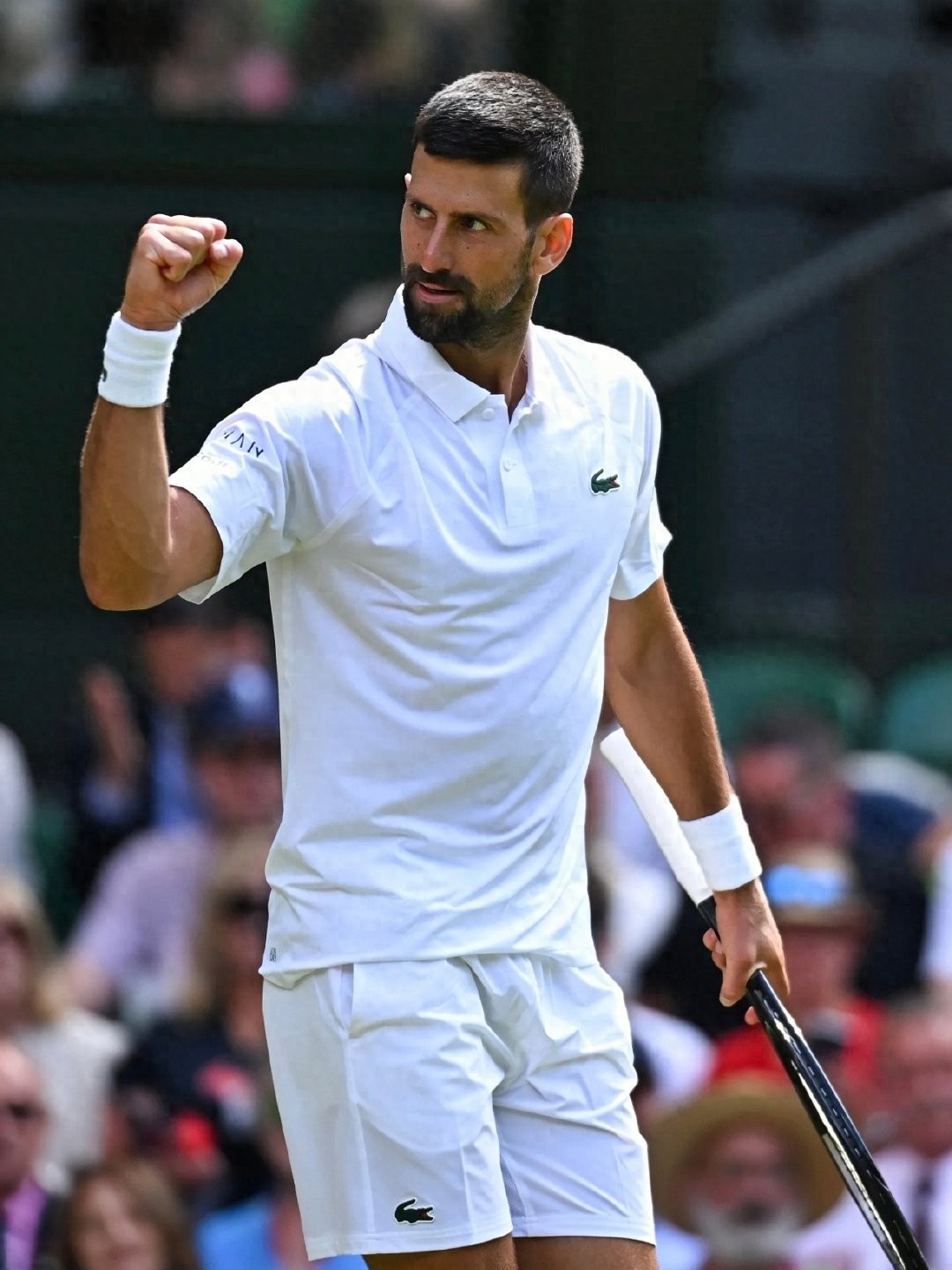
Professional tennis has always been a young person's game. When Sampras retired at 31, he was already considered a veteran; Agassi created a "miracle of age" by playing until 36; and Connors reaching the US Open semifinals at 39 was seen as a "moon landing-like achievement." These once-celebrated "achievements of age" in tennis history suddenly seem commonplace in front of Djokovic. He has not only rewritten the age definition for professional tennis players but has also quietly reshaped our understanding of athletic longevity. While the performances of other legendary players in the twilight of their careers are celebrated as anomalies, Djokovic's achievements at an advanced age have become a new normal, which is the most astonishing aspect of all.
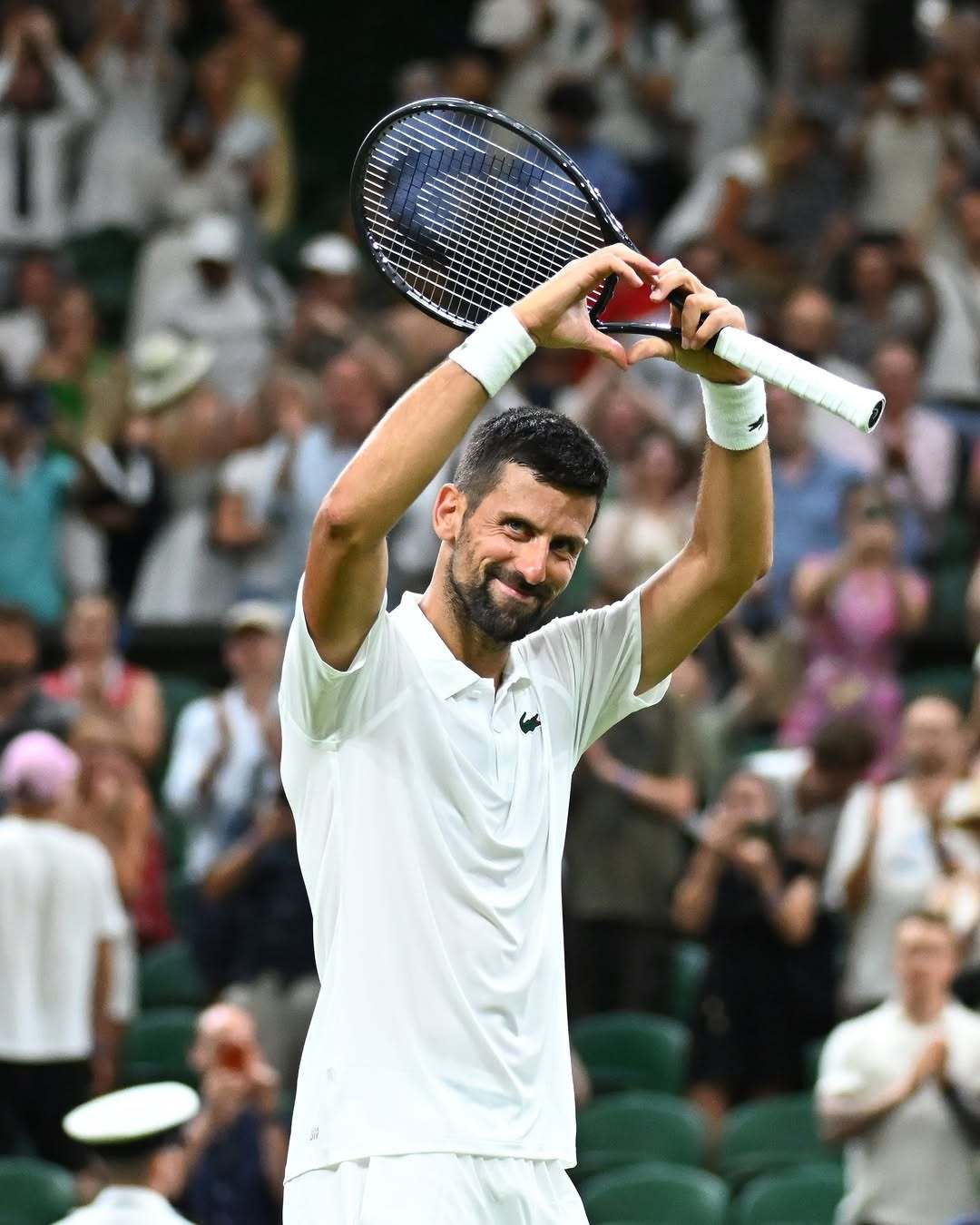
What makes Djokovic great is that he is not only competing against contemporary rivals but also engaging in a dialogue with the weight of tennis history. Roddick candidly stated, "Many excellent players have never reached the Grand Slam semifinals three times in a single year throughout their careers." This statement reveals a harsh yet beautiful truth: Djokovic's ordinary season at 38 is already the pinnacle that most top players dream of achieving. He has recalibrated the standard of "decline"; what marks the end of a career for others is merely a regular checkpoint of fluctuating form for him.
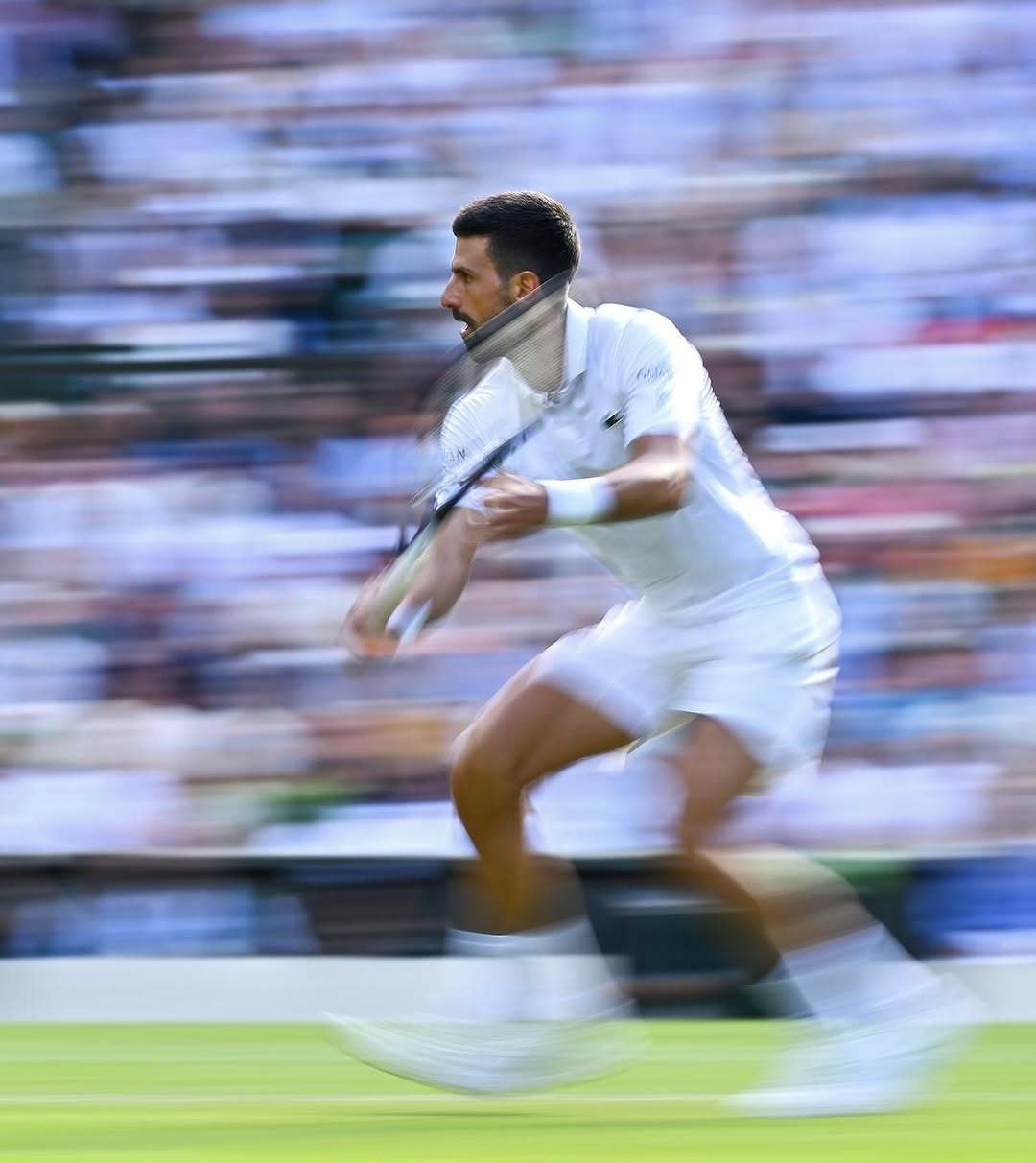
Djokovic's perseverance embodies a certain tragic beauty reminiscent of ancient Greek aesthetics. Aware of the irreversible decline of his physical abilities and the increasing strength of younger opponents, he still chooses to remain on the court, a choice that is worthy of respect. Roddick astutely points out, "His movement will never return to that of 2011," but it is precisely this spirit of striving despite knowing the odds that constitutes the purest core of sportsmanship. Djokovic's matches are no longer just showcases of skill but have become a tangible expression of human willpower; every save and every point contested is a solemn protest against the relentless passage of time.
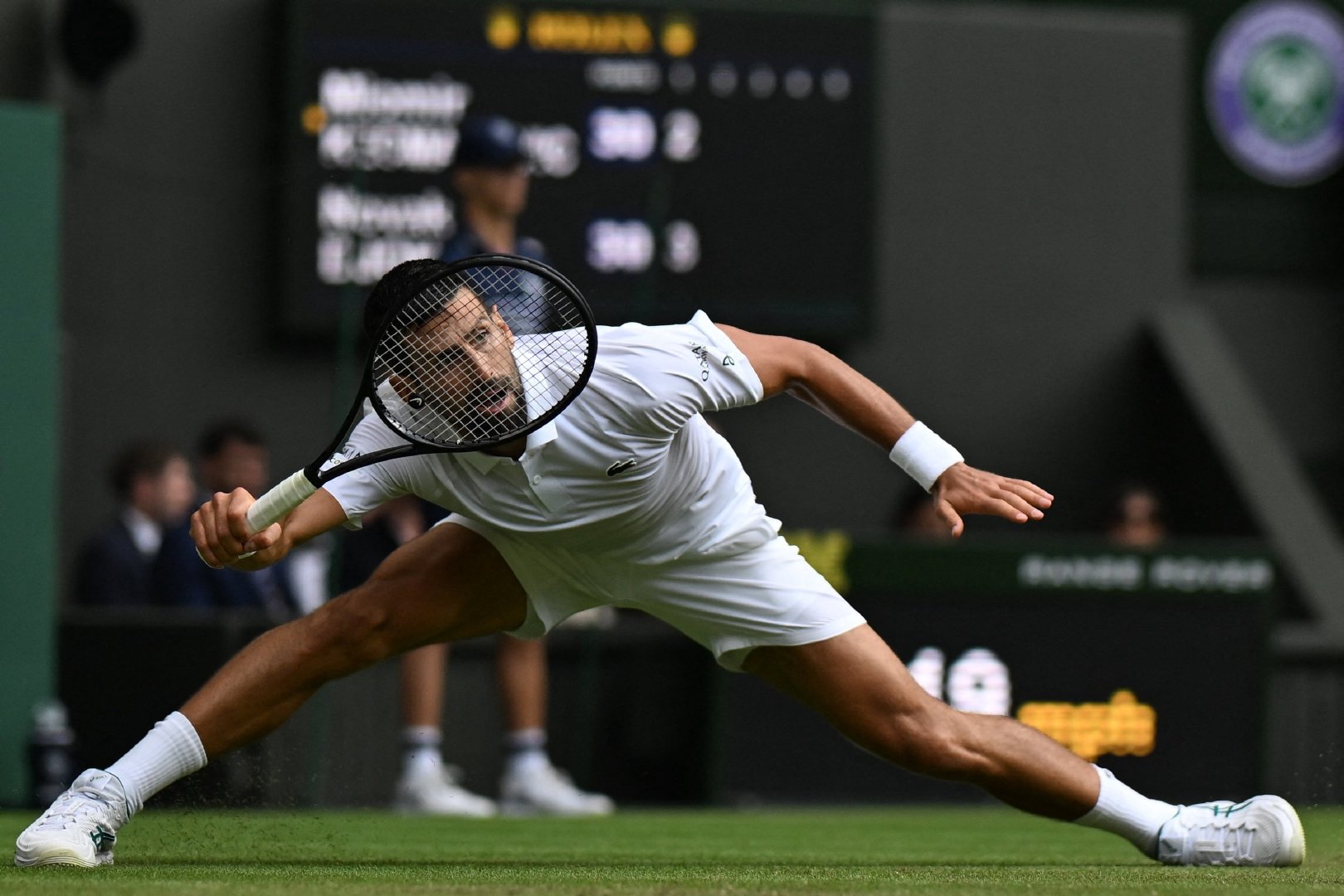
Contemporary sports culture tends to simplify discussions with the label "GOAT" (Greatest of All Time), but Djokovic's significance extends far beyond this framework. He is not only an accumulator of achievements but also a living experiment in sports science, mental fortitude, and professional ethics. As the new generation of talents like Alcaraz and Sinner rise, Djokovic's presence sets an almost unattainable benchmark of long-termism: true greatness lies not in momentary victories or defeats but in how one redefines the boundaries of athletic possibility.

Roddick's plea for critics to remain silent speaks to the fundamental respect that should be afforded to sports legends. In an era dominated by fast-food sports culture, we are all too quick to judge a player's career based on a single match's outcome. What Djokovic teaches us is that greatness is not about never failing but about choosing to fight even when the odds seem slim; it is not about remaining forever young but about redefining possibilities at every stage of life.
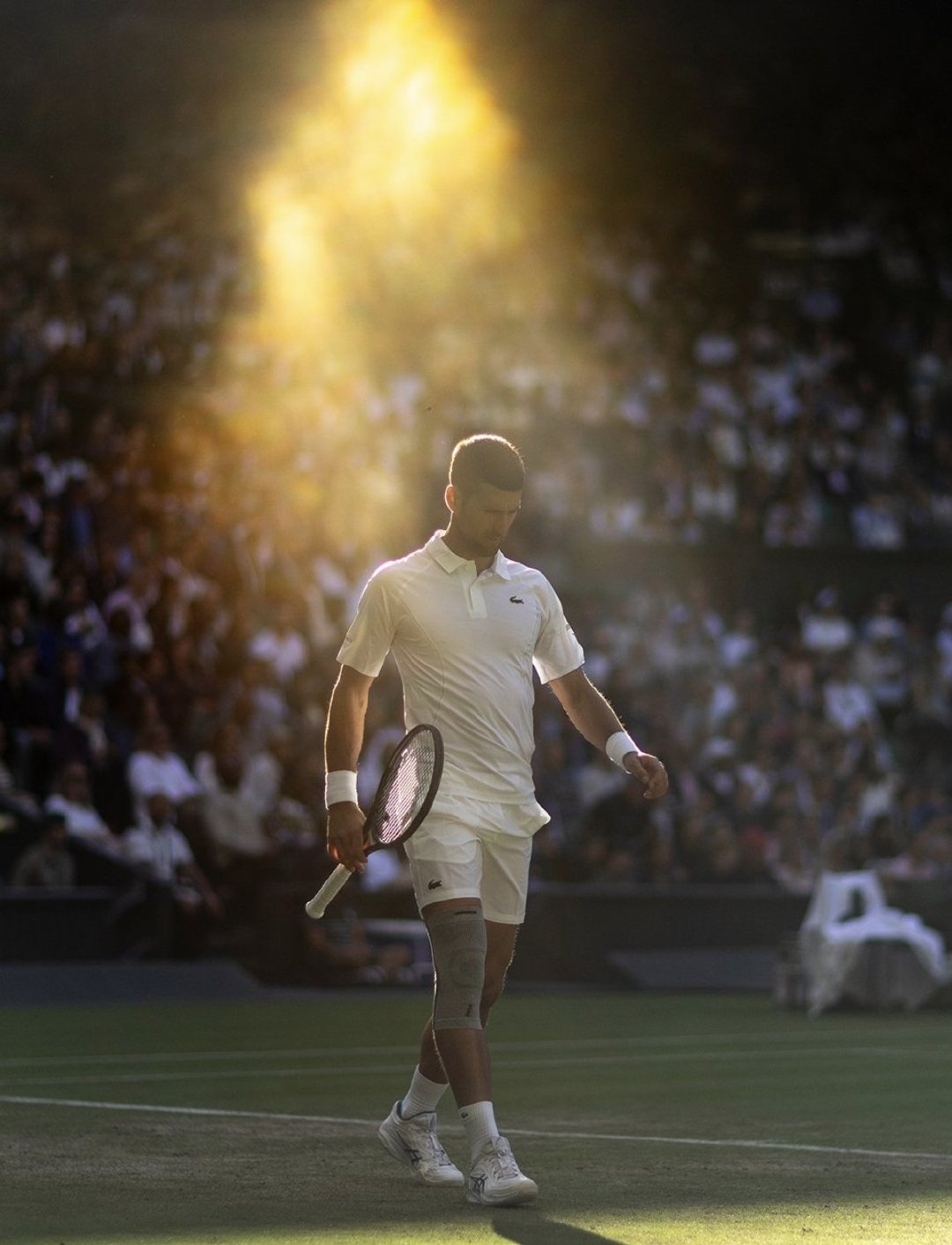
When Djokovic ultimately retires, he will leave behind not only a record number of championships but also a completely new template for the lifecycle of professional athletes. Until that day arrives, every match we watch him play is a privilege, and each of his perseverances is a gift. In this sense, Djokovic has transcended tennis itself, becoming a symbol of humanity's struggle against the limitations of time; though he will eventually fall, he will always fly high.(Source: Tennis Home, Author: Mei )







 Links
Links
 Contact
Contact
 App
App


